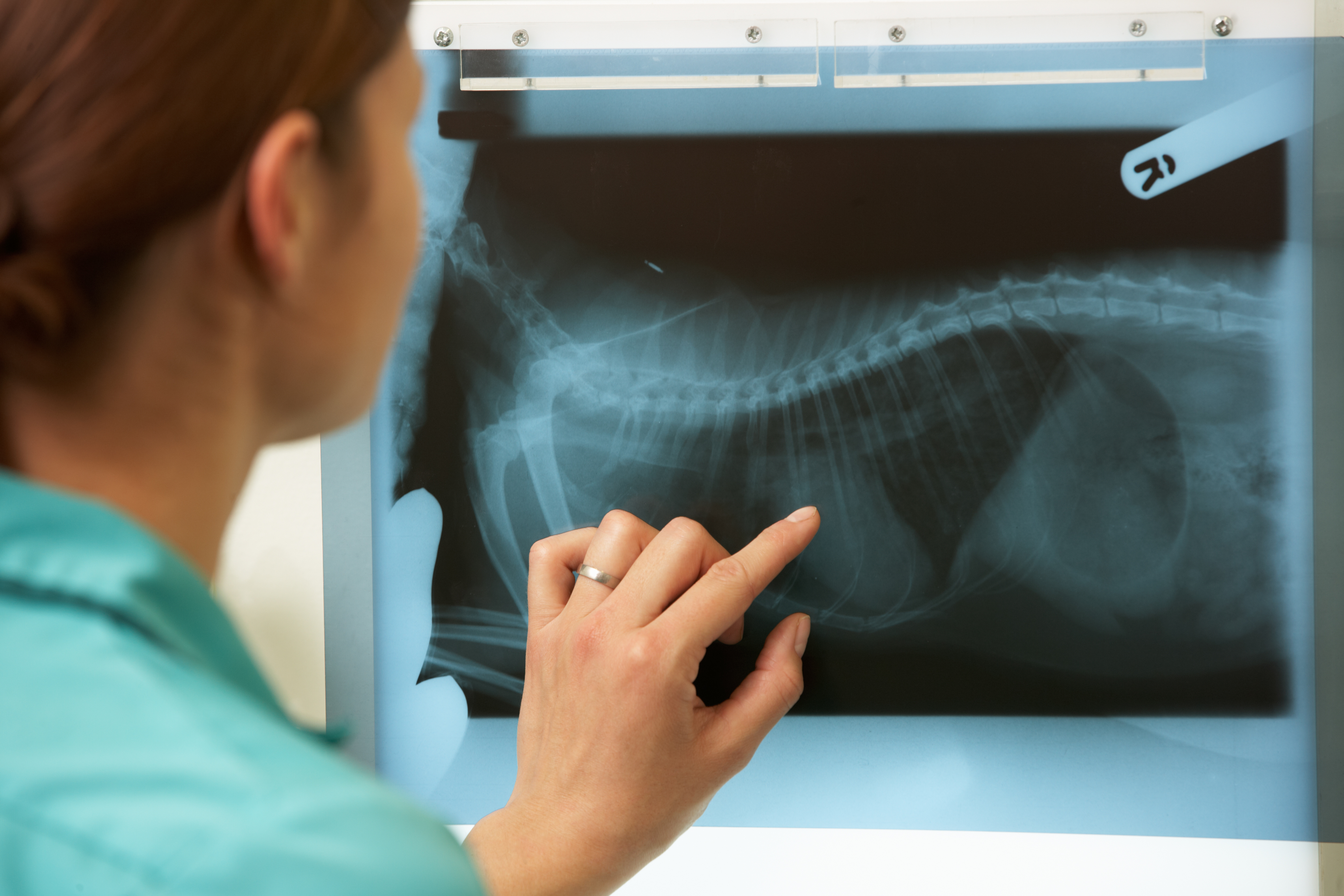The Critical Role of Veterinary Labs in Pet Care
The Critical Role of Veterinary Labs in Pet Care
Blog Article
Keeping your furry friends healthy is crucial to their quality of life. Veterinary testing facilities provide essential diagnostic support for pets such as cats and dogs.
Throughout this resource, we’ll explore how veterinary labs support animal care, what tests they offer, and why these labs are invaluable for your pets’ health.
What Are Animal Diagnostic Labs?
Animal health laboratories help diagnose illnesses and diseases in animals. They are critical for animal doctors to make accurate diagnoses.

How tests are conducted generally features:
- Obtaining biological samples: Blood, urine, feces, or tissue samples are taken by the vet.
- Testing procedures: Specialized equipment run tests on the materials.
- Results interpretation: The lab offers conclusions to the veterinarian for custom care strategies.
Essential Diagnostic Tests for Cats and Dogs
Animal health testing facilities provide numerous testing options to address health concerns early. Key veterinary tests include:
- Complete blood counts (CBC): Identify infections.
- Urine tests: Identify urinary tract infections.
- Digestive system checks: Ensure proper digestion.
- Allergy testing: Improve skin and coat health.
- Advanced imaging techniques: Evaluate structural health.
Why Regular Testing is Important for Your Pets
Regular health checkups supports managing chronic conditions. Catching issues early helps avoid complications.

Important reasons include:
- Personalized health strategies: Accurate diagnoses for your pet’s needs.
- Reassurance for your family: You’ll know if something is wrong.
- Lower medical bills: Early detection reduces long-term expenses.
laboratório veterinário pró vita
laboratório de análises clínicas veterináriasdiagnostic laboratório veterinário
Conclusion: Prioritizing Pet Health with Veterinary Labs
Relying on regular health assessments for your pets keeps them happy and healthy. Pet testing facilities provide valuable insights to ensure optimal health.
Start using veterinary labs for routine care to help them live a long, happy life!
Report this page